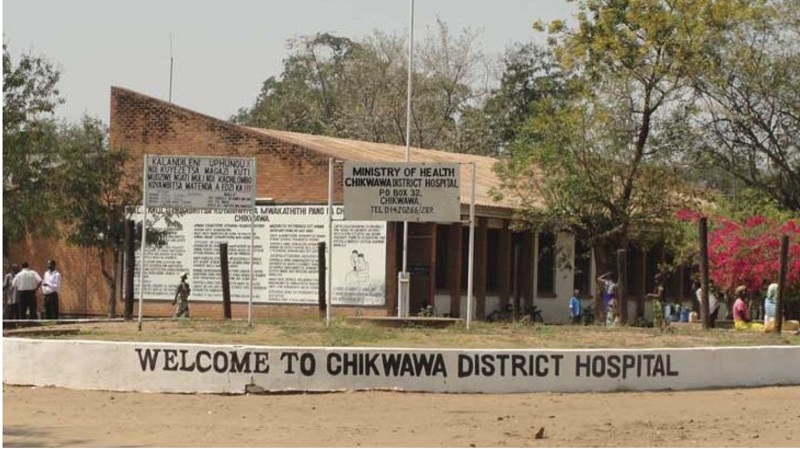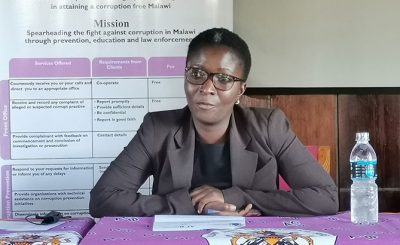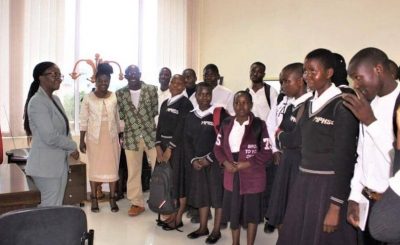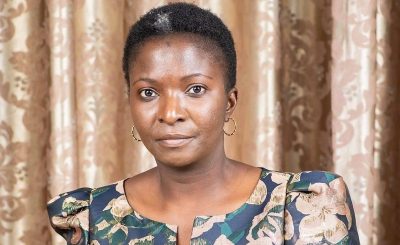Chikwawa District, in Malawi’s Lower Shire, buzzes with activity under an unforgiving sun. Temperatures often soar above 40°C, a heat that mirrors the intensity of daily life as farmers prepare for the rains.
However, beyond the vibrant markets and industrious farms lie untold stories—hidden struggles of individuals like John (not his real name).
John, part of the LGBTQ+ community referred to as “key populations” (KP), has lived much of his life in secrecy to avoid societal discrimination.
“It’s hard. Being a transgender person in Malawi is like being in a prison – a prison of your own body, your own identity,” he narrates.
Struggling to Access Healthcare
For John and others like him, accessing basic healthcare is an uphill battle. He recounts a visit to a local clinic: “I once went to a local clinic. When I explained my situation, I could see the judgment in their eyes. They didn’t know how to help, or worse, they didn’t want to help.”
This experience is far from isolated. In rural areas like Chikwawa, stigma and ignorance among healthcare workers leave key populations vulnerable.
Even in cities like Lilongwe or Blantyre, where healthcare infrastructure is relatively advanced, accessing competent care remains a challenge due to societal and legal barriers.
The problem for John is not just that medical workers do not understand his needs. “I have had to travel to Lilongwe or Blantyre to get real support, but this is costly and difficult for someone from a rural area like Chikwawa,” he says.
The Need for Systemic Change
Despite these challenges, John remains optimistic.
“We need to educate our people. We need to show that we are just like everyone else. We need spaces where people can get help without fear of judgment,” he explains.
John’s story is not unique. Across Malawi, sexual minorities face similar challenges. Many struggle to access healthcare, find jobs, or face rejection from their families and communities.
Alex Kaomba, a senior officer at the Community Health Rights Advocacy organization, echoed this sentiment during a recent media training in Lilongwe.
He says: “We need to put human rights in front. Malawi is a country of 17 million or more people of different and diverse sexual orientations. We need to protect everyone by providing protection and treatment to anyone without discrimination.”
The Centre for Human Rights and Rehabilitation (CHRR) also highlights the urgent need for healthcare reforms.
Program Officer Emma Nyatuwe Phiri emphasized, “We need to train [healthcare workers] on the legal instruments of their work vis-à-vis their role in promoting good health and well-being for all citizens, including marginalized groups.”
“Awareness-raising in communities using champions would also help because creating a good social environment is paramount to promoting access to essential healthcare for key populations,” she adds.
Phiri further notes, “It is important to examine the legal environment and advocate for change. We still operate under the auspices of colonial provisions in parts of our law governing the rights of LGBTQ+ individuals, and therefore amendments are needed. We need a systems approach to resolving this issue so that holistic solutions are mapped.”
A Call to Action
John’s story reflects the plight of many Malawians marginalized due to their sexual orientation or gender identity. Addressing these challenges requires a holistic approach, combining legal reforms, education, and the creation of a supportive social environment.
As John and others advocate for change, their stories serve as a poignant reminder of the work still needed to ensure equitable healthcare for all citizens in Malawi.





